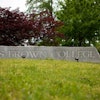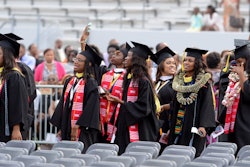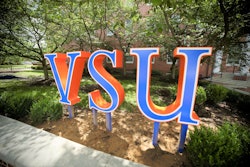Land-grant universities (LGUs) that are historically Black Colleges and Universities (HBCUs) and Tribal Colleges and Universities (TCUs) are significantly underfunded compared to predominantly white LGUs, according to a new report by the Center for American Progress (CAP). Dr. Sara Partridge
Dr. Sara Partridge
LGUs categorized as 1890 and 1994 institutions – those recognized as HBCUs and TCUs – serve students from predominantly low- and low-middle-income backgrounds but are given far less resources, the report stated.
In 2020-2021, the average endowment assets per student at 1862 institutions – LGUs established by the first Morrill Act of 1862 that serve predominantly white students – was $105,500. In contrast, the average was $13,000 at 1890 institutions and $22,710 at 1994 institutions, according to the report.
"It's important to support the research and extension programs at HBCUs and tribal land-grant institutions,” said Dr. Sara Partridge, CAP senior policy analyst and author of the report. "[These institutions] support small farmers, increase college attainment for underrepresented groups, strengthen the food system, and protect natural resources."
One of the reasons for such resource disparities are structural inequalities in the farm bill, the five-year legislative package funding research and extension programs at LGUs, the report noted. The CAP report comes at a time when the bill is up for reauthorization.
A unique issue that 1890 institutions face is missing out on state funds. Under the farm bill, research and extension grant programs for 1862 and 1890 schools require one-to-one matching funds equal to federal allocation to get full federal funding. This match often comes from state appropriations.
However, programs for 1890s allow up to 50% of this state matching requirement to be waived, a practice that many of these schools have had to employ to maintain full funding from the federal level. From 2018 to 2022, six to nine of the 19 1890 institutions requested such waivers each year, according to the report. The waived state matching funds totaled more than $90 million over the past five years, indicating that was the amount of money the historically Black LGUs were missing out from the state.





















